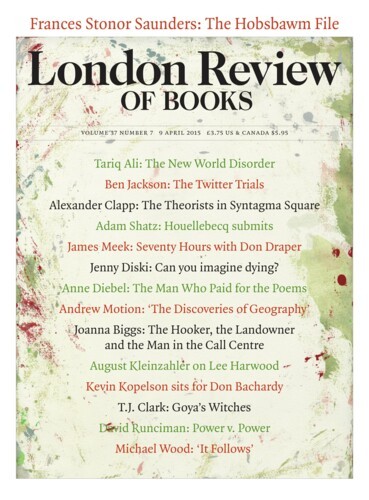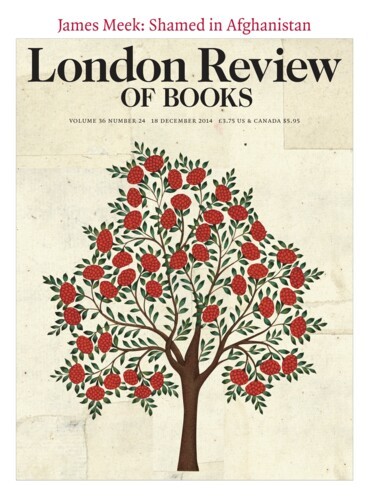Why are you still here? Who owns Grimsby?
James Meek, 23 April 2015
I’d come to Grimsby to see why, after seventy years of voting Labour, the town was flirting with the United Kingdom Independence Party. After a while I began wondering what had happened to make Grimsby a wild and lonely enough place for the sandpiper to feel at home. It turns out the reason is the same. Someone, or something, abdicated power in Grimsby, leaving swathes of it to rot. But who, or what? And what will the succession be? People tell you in Grimsby there was only one power: that fish was king, and that it didn’t abdicate, it was overthrown by foreigners.




